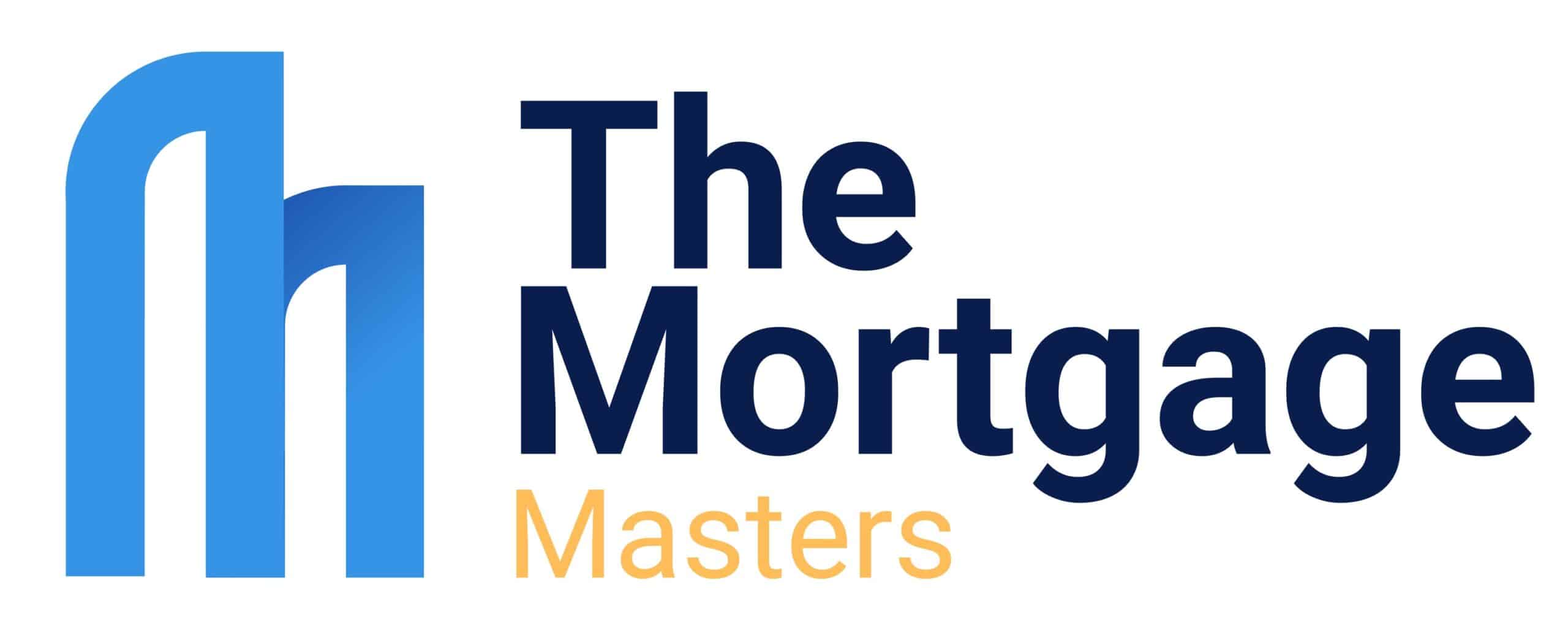Retained Profit Mortgages
Simple, friendly, tailored advice you can trust
We're fully independent with access to thousands of
mortgages to ensure you don't miss out on the best deals
Home » Self Employed Mortgages » Retained Profit Mortgages

Table of Contents
Retained Profit mortgage
As a Limited Company Director, there are instances whereby you wish to retain profits in your business and this can cause difficulty when it comes to applying for a mortgage. Most lenders use your salary plus dividends to work out how much they are willing to lend you – but panic not! Here at The Mortgage Masters, we have access to lenders who will take your retained profits into account when assessing your affordability.
What are Retained profits?
Retained Profits refer to the earnings that remain within a limited company after dividends have been distributed among shareholders. These are accumulated trading profits that are owed to the company owners and are typically reflected in the company accounts, under Profit and Loss Reserves.
Shareholding directors enjoy a unique position as they have the discretion to determine the amount of income to withdraw from the business and when to do so. If there’s no immediate need for income or if withdrawing it would lead to a higher-than-usual tax obligation, the funds are retained within the business for future use. Importantly, dividend tax is not incurred on profits that remain undistributed.
It’s common for shareholders to accumulate substantial profits in their limited companies as undrawn profits. While it is feasible to leverage these profits to support a mortgage application, some lenders might be hesitant due to the potential risk of challenging trading periods consuming these profits within the business.
What is a Retained Profit Mortgage?
A retained profit mortgage is a type of mortgage that allows you to include your share of your company’s profits in your application without having to withdraw the funds. Some lenders consider only personal income in their affordability assessments, posing an issue if you draw a modest salary and dividends into your personal accounts, while your business holds substantial funds. Affordability calculations based on a £20,000 salary versus £100,000 profits will yield significantly different results, potentially reducing your borrowing capacity considerably. In short, using retained profits may allow you to borrow considerably more.
Given the limited number of lenders offering retained profit mortgages, meeting the criteria can be somewhat challenging. Fortunately, our approachable team has successfully navigated solutions for many individuals seeking retained profit mortgages, alleviating concerns. If you’re uncertain about the next steps, it’s advisable to consult with a knowledgeable mortgage advisor who understands your business accounts and can guide you toward lenders specializing in retained profit mortgages.
Who Qualifies for a Retained Profit Mortgage?
There is a restricted number of lenders who provide retained profit mortgages, so meeting their criteria can be somewhat more challenging. While not everyone qualifies for this type of mortgage, possessing ownership of 20-25% or more in your business generally meets the eligibility requirements. Fortunately, our approachable team has successfully identified solutions for numerous individuals seeking to apply for retained profit mortgages, alleviating any concerns you may have.
What documents will I need to prove my income for a Retained Profit Mortgage?
Lenders typically request proof of income from the last two to three years. This is usually provided through documents such as Self Assessment tax calculations or tax computations (SA302), Tax Year Overviews (TYO) from HMRC, or your trading accounts.
In some cases, lenders might require your accountant to produce a certificate confirming your earnings. They may also request an accountant’s projection to check if your income is sustainable. If the accounts or SA302 do not clearly indicate the most recent income position, lenders may also request recent bank statements for both yourself and the business.
When lenders evaluate income over multiple years, they often use an averaged figure for mortgage considerations. It’s important to note that this averaging process may lead to a reduction in the loan amount. Alternatively, there are lenders available who assesses the mortgage based on the income from the most recent year only.
Can I use my retained profits for a mortgage if I have bad credit?
Yes, there are lenders who may consider offering mortgages even if you have a poor credit history. However, it’s important to note that such mortgages typically come with less competitive rates and offerings. Whether or not this type of mortgage is accessible for you may largely depend on the extent of your poor credit. Lenders may look less favourably on a CCJ then just one missed payment for example.
Here at The Mortgage Masters, we have a wealth of experience in dealing with self-employed applicants. We will thoroughly assess your circumstances to support you in securing the best possible deal.
Useful Links
Why The Mortgage Masters
- Raising The standards of financial advice
- Making financial advice accessible to all
- Trusted & stress-free financial advice
- Friendly, personable advisors
